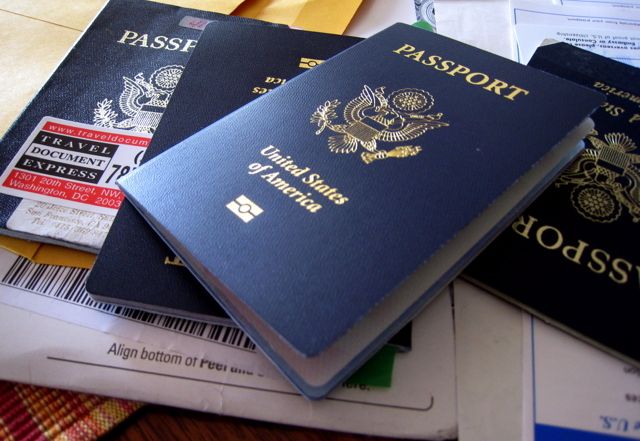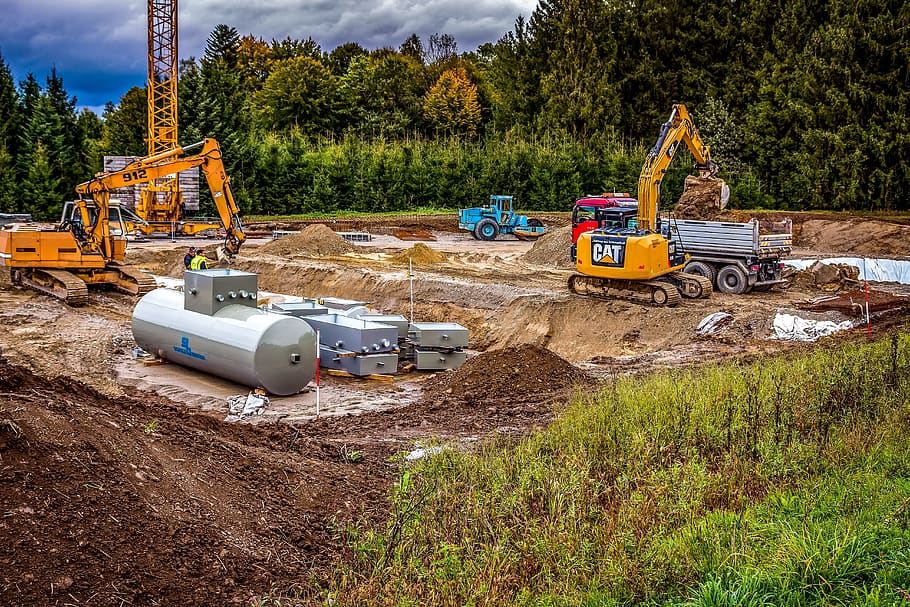Business
A Comprehensive Guide to Vietnam Visa Extension: Everything You Need to Know

Welcome to the ultimate guide on Vietnam visa extension! If you’re planning an extended stay or finding yourself falling in love with this vibrant country, then you’ve come to the right place. Whether you’re a digital nomad, an adventurous explorer, or simply captivated by Vietnam’s enchanting beauty, we’ve got everything you need to know about extending your visa hassle-free. From essential requirements and step-by-step procedures to insider tips and expert advice – get ready for your journey into the world of VIETNAM VISA EXTENSION!
Introduction to Vietnam Visa Extension
Vietnam is a popular destination for travelers from all around the world. From its bustling cities to its stunning natural beauty, there’s no shortage of things to see and do in this Southeast Asian country. However, if you’re planning on staying in Vietnam for an extended period of time, you’ll need to apply for a visa extension.
A visa is a document issued by a country that allows foreign nationals to enter and stay in the country for a specified period of time. In Vietnam, visas are required for most nationalities, with the exception of citizens from certain countries who are eligible for visa-free entry or can obtain a visa on arrival.
If you’ve been enjoying your time in Vietnam and wish to extend your stay beyond the expiration date on your current visa, then you’ll need to apply for a visa extension. This process can be confusing and overwhelming, especially if it’s your first time in Vietnam. That’s why we’ve put together this comprehensive guide to help you understand everything you need to know about extending your visa in Vietnam.
Who Needs to Extend Their Visa?
Before diving into the nitty-gritty details of the application process, it’s important to determine whether or not you actually need to extend your visa. Not everyone who enters Vietnam will require an extension – it depends on the type of visa they initially obtained. VIETNAM VISA EXEMPTION FOR PHU QUOC ISLAND
There are two common types of visas that visitors usually obtain: tourist visas (also known as B-3 or DL) and business visas (
Why You Might Need to Extend Your Visa
There are many reasons why you might need to extend your visa while traveling in Vietnam. It’s important to understand these reasons and the steps involved in extending your visa so that you can avoid any potential issues or complications during your stay.
1. Extended travel plans: One of the most common reasons for needing a visa extension is if you decide to stay longer than originally planned in Vietnam. Whether it’s because you fell in love with the country, found a job opportunity, or simply want to explore more of what Vietnam has to offer, extending your visa will allow you to continue your travels without having to leave the country.
2. Delayed travel plans: Sometimes unforeseen circumstances can arise that cause delays in your travel plans. This could be due to flight cancellations, medical emergencies, or other personal reasons. If these delays exceed the validity of your current visa, then an extension will be necessary in order for you to continue your trip as planned.
3. Studying or working: If you plan on studying or working in Vietnam for an extended period of time, then a regular tourist visa may not be sufficient. In this case, you will need to apply for a specific type of visa that allows for longer stays and possibly multiple entries into the country.
4. Family visits: Many people have friends or family living in Vietnam and may want to visit them for an extended period of time. In this case, it is necessary to extend their tourist visa so that they can spend quality time with their loved
Types of Visas Available for Extension
There are several types of visas available for extension in Vietnam, each with its own specific requirements and processes. In this section, we will discuss the different types of visas that can be extended and the necessary steps you need to take for each.
1. Tourist Visa Extension:
The tourist visa is the most common type of visa used by travelers visiting Vietnam. It allows visitors to stay in the country for up to 30 days and can be extended for an additional 30 days. To apply for a tourist visa extension, you must have a valid passport with at least six months of validity remaining, fill out an application form, pay the required fee, and provide proof of your travel plans or flight tickets.
2. Business Visa Extension:
For those traveling to Vietnam for business purposes, the business visa is the appropriate type of visa to apply for. It also allows a stay of up to 30 days and can be extended once for an additional 30 days. The requirements for extending a business visa are similar to those of a tourist visa, but you must also provide proof of your business activities in Vietnam.
3. Student Visa Extension:
Students enrolled in educational programs in Vietnam can extend their student visas as long as they continue their studies at a recognized institution. To do so, they must provide proof of enrollment and payment of tuition fees along with other standard visa extension requirements.
4. Work Visa Extension:
Foreigners who have been granted work permits in Vietnam can extend their work visas as long as they
Step-by-Step Guide to Extending Your Visa
Extending your visa in Vietnam may seem like a daunting task, but with the proper knowledge and resources, it can be a smooth and stress-free process. In this section, we will provide you with a step-by-step guide to extending your visa in Vietnam.
Step 1: Determine if You are Eligible for an Extension
Before starting the extension process, it is important to confirm that you are eligible for an extension of your visa. The eligibility criteria differ depending on the type of visa you hold. For example, tourist visas can only be extended once for a maximum of 30 days, while business visas can be extended multiple times for up to one year.
Step 2: Gather Required Documents
Once you have confirmed your eligibility, the next step is to gather all the necessary documents for your visa extension application. This typically includes:
– A valid passport with at least six months remaining before expiration
– Completed application form (available at immigration offices or online)
– Passport-sized photos (usually two)
– Proof of accommodation in Vietnam (such as hotel bookings or rental contracts)
– Proof of sufficient funds to support yourself during your extended stay
– Your current visa and entry stamp
– Visa extension fee (varies depending on type and length of extension)
It is recommended to double-check the specific requirements with your local immigration office or through their website before submitting your application.






















